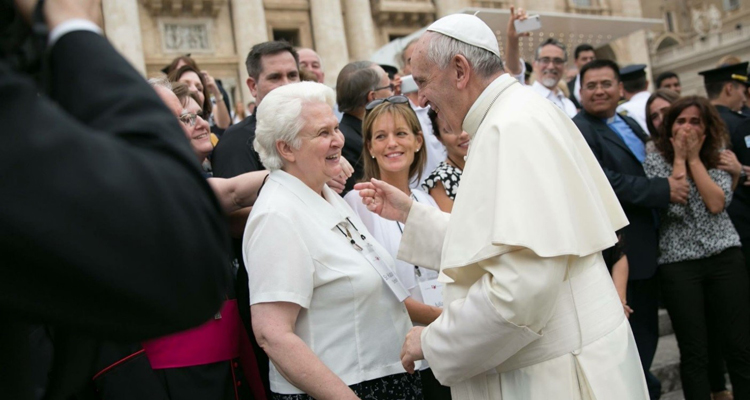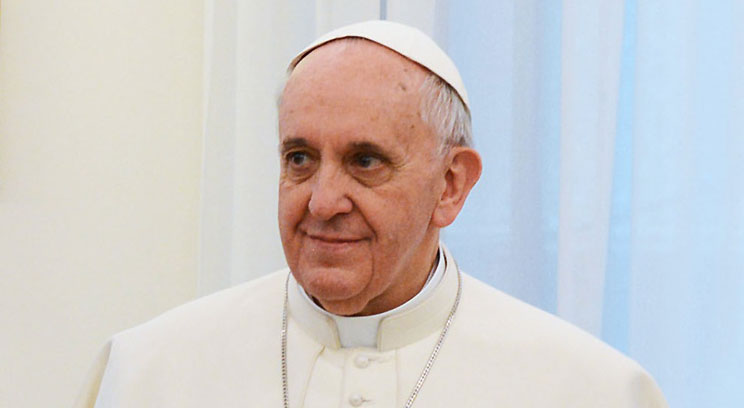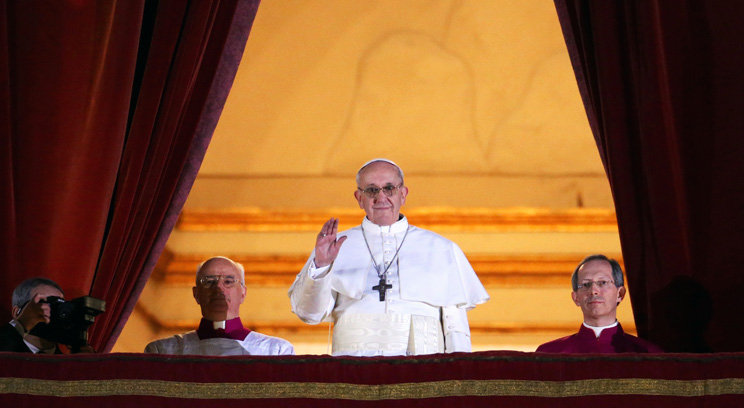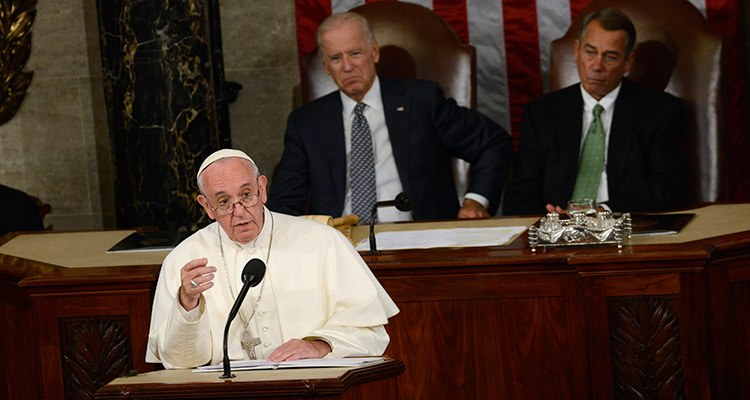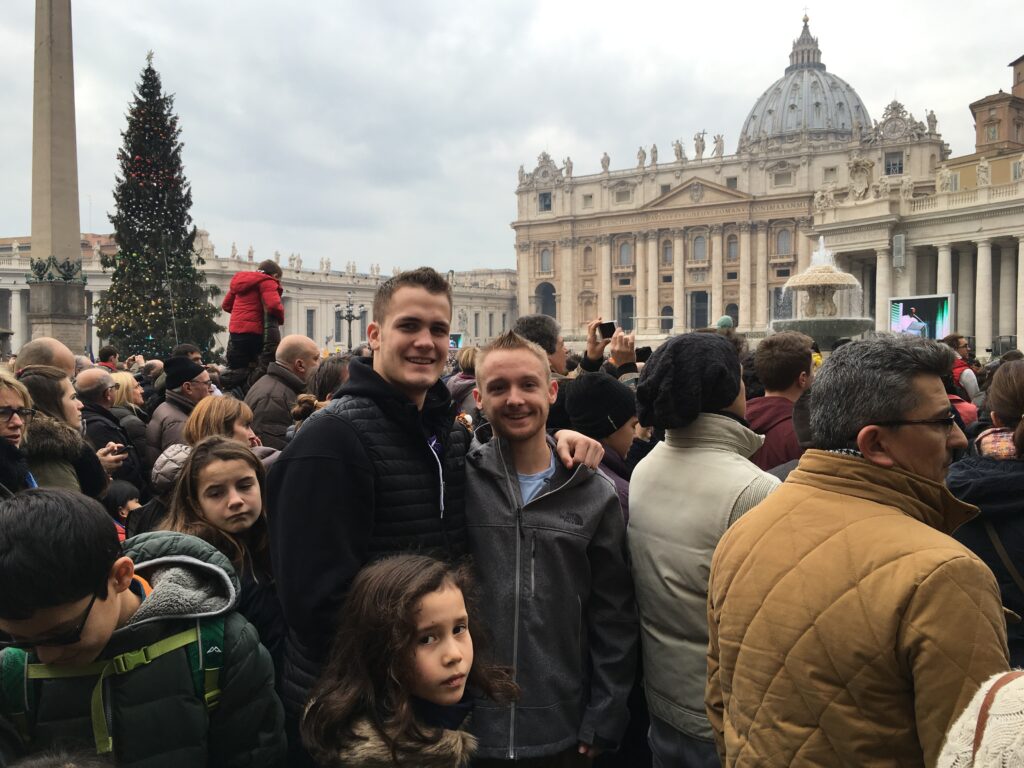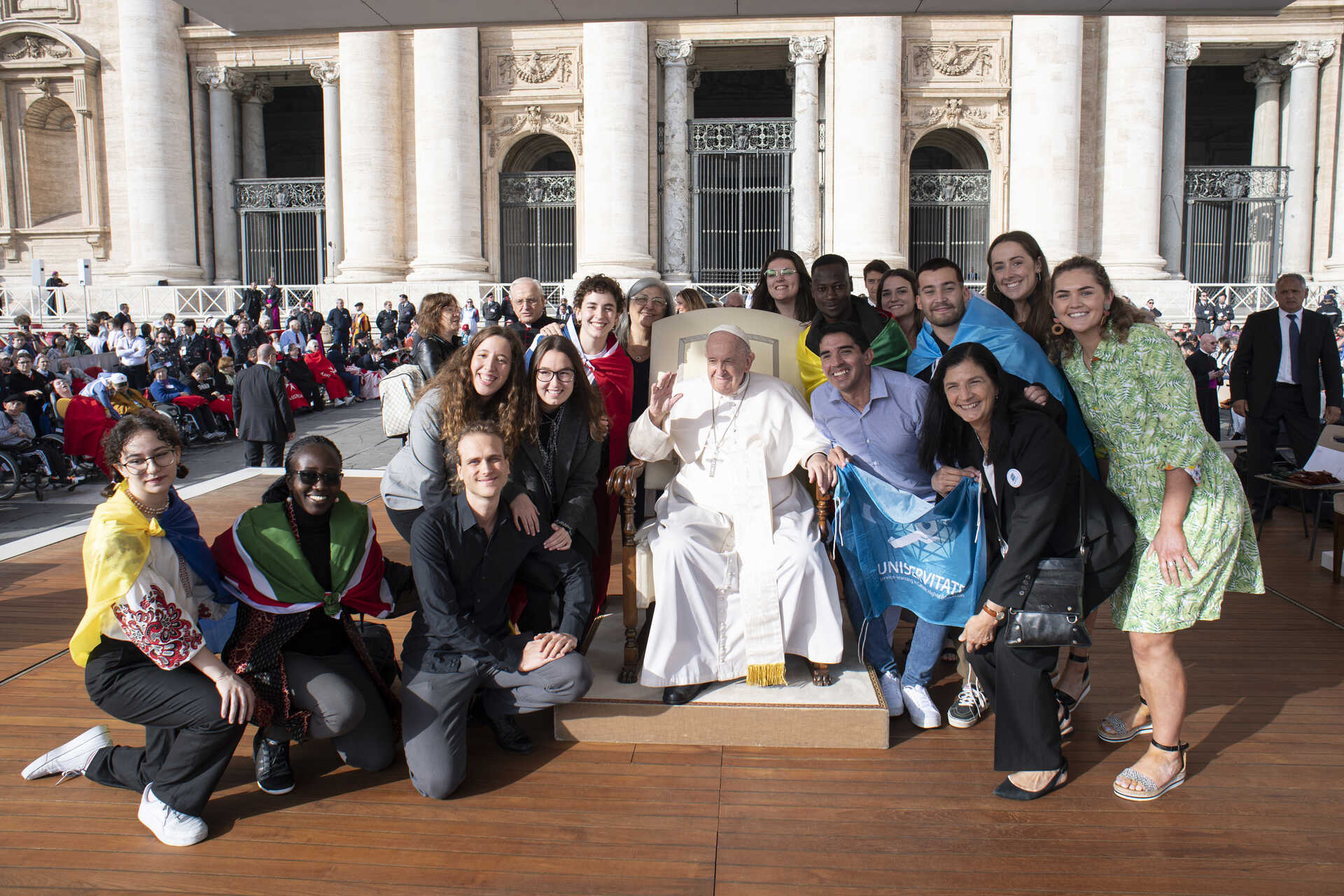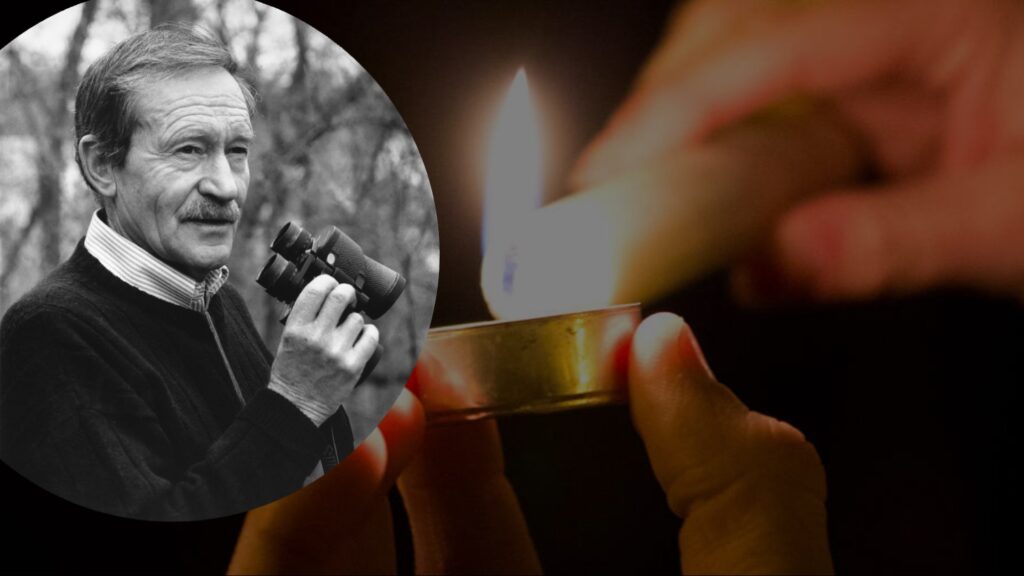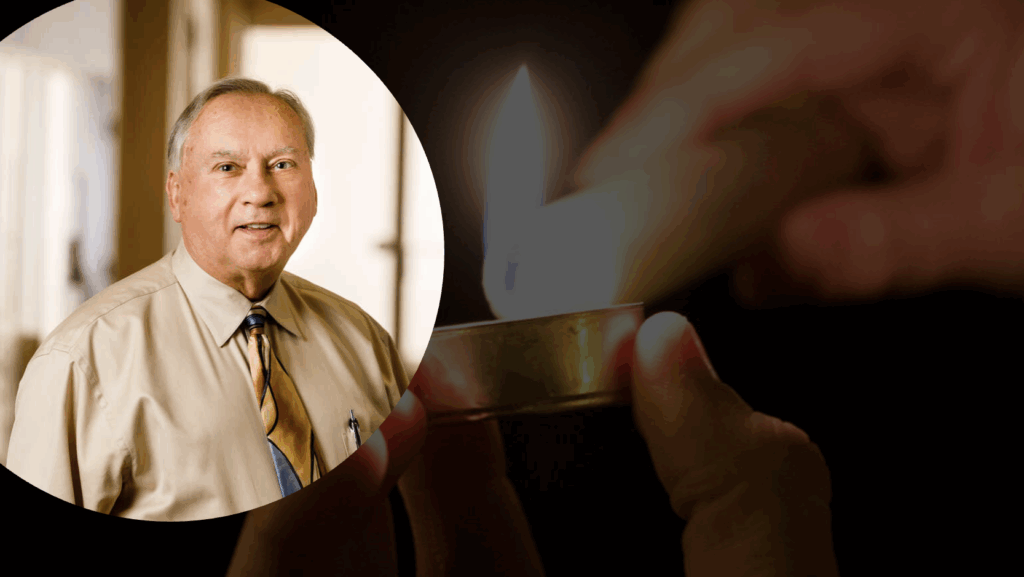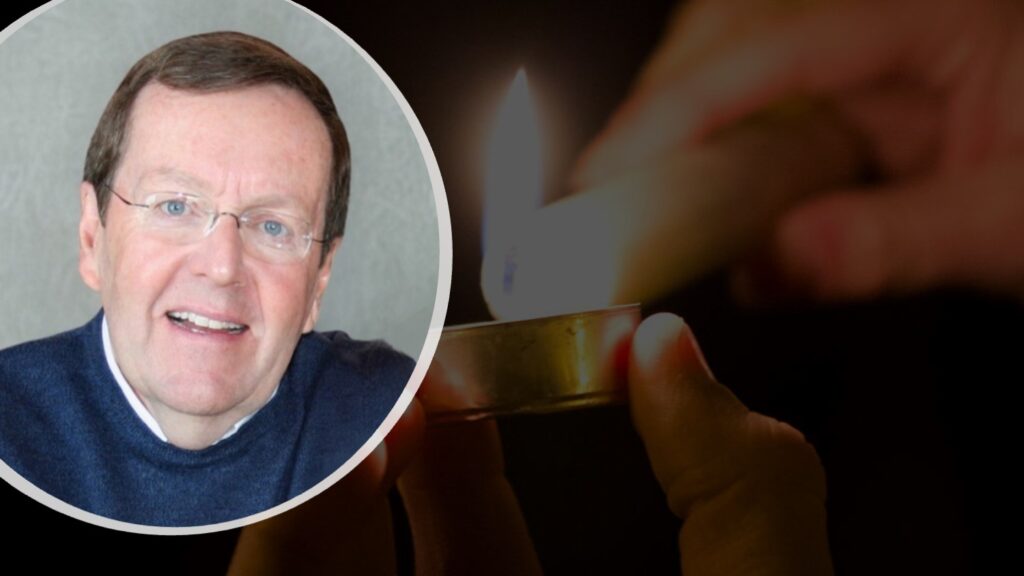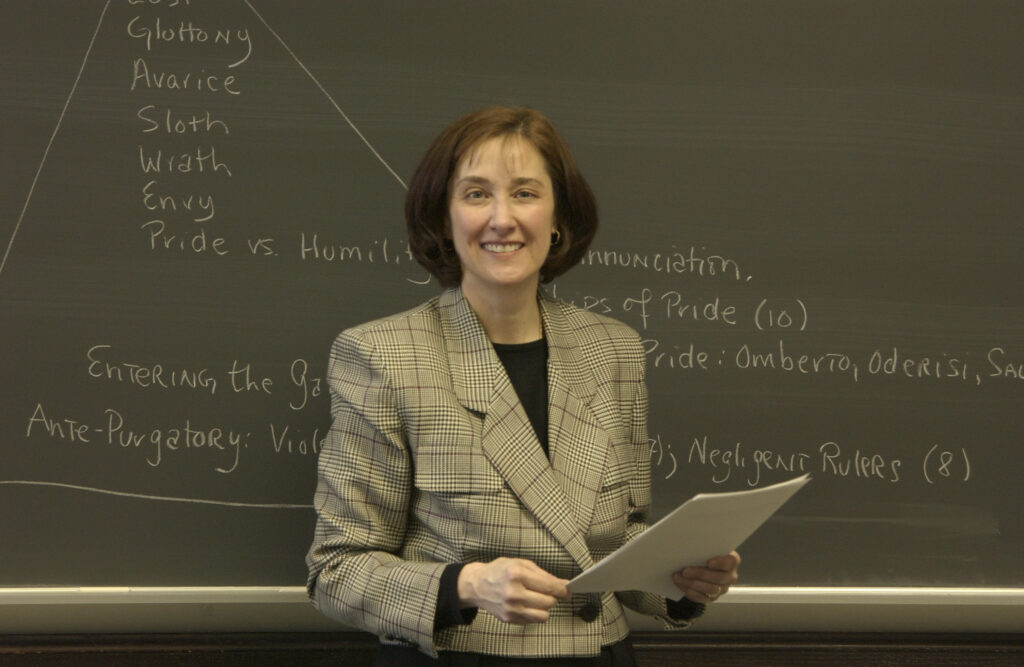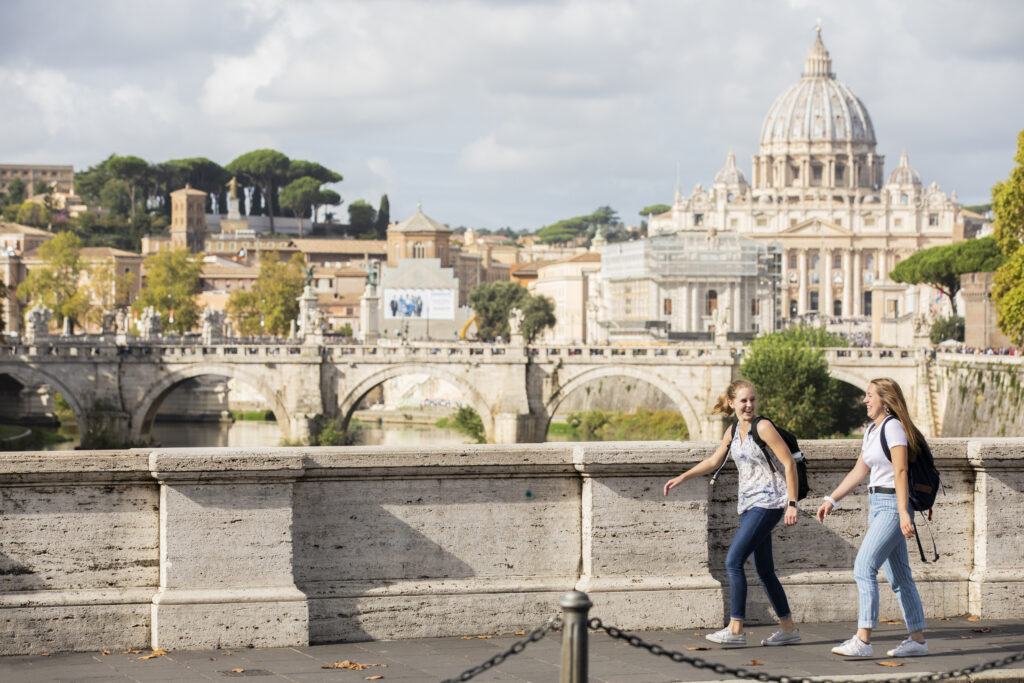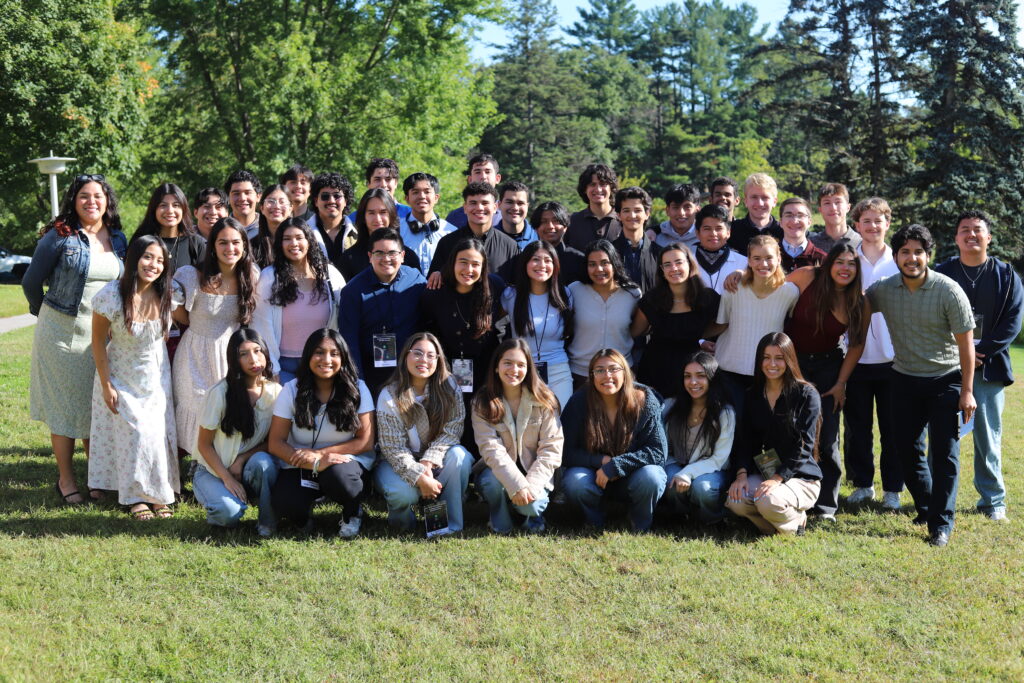On Easter Monday, April 21, 2025, Pope Francis passed away at the age of 88 in his residence at the Vatican's Casa Santa Marta. Members of the University of St. Thomas, which has campuses in Minnesota and Rome, reflected on the pope's life, mission and death.
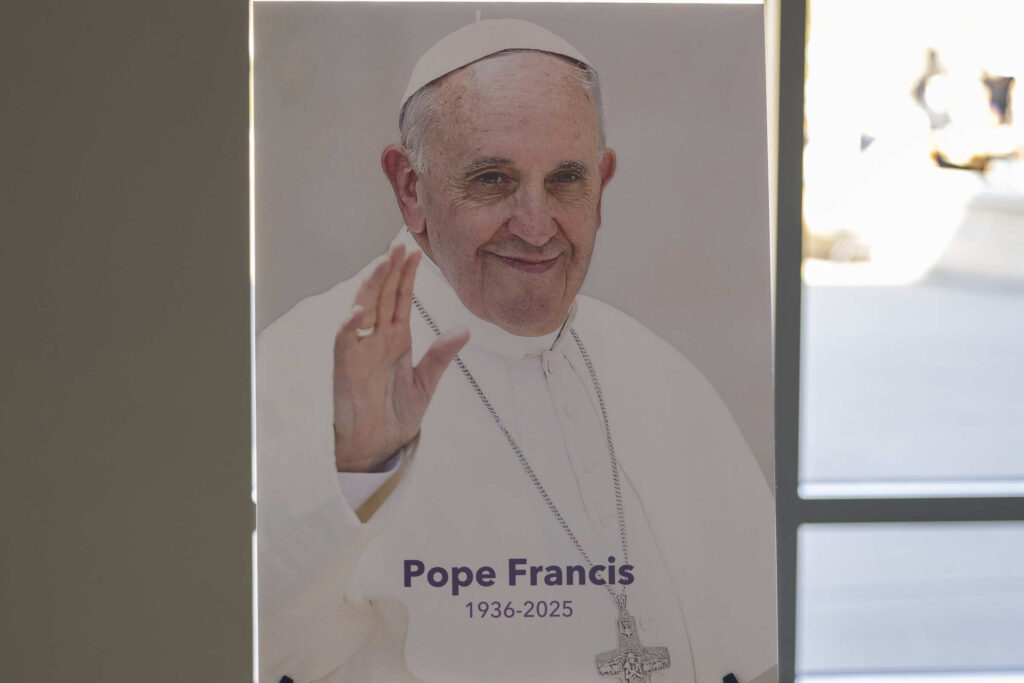
"When the news came (about Pope Francis's death), I heard from several folks who said 'this hit me harder than I expected it would,'" said President Rob Vischer during his remarks on the St. Paul campus at prayer service of gratitude for the life and legacy of Pope Francis. "I put myself in that category because he was such a massive influence on how we view the world and how we understand the call of our faith and how we engage the world."
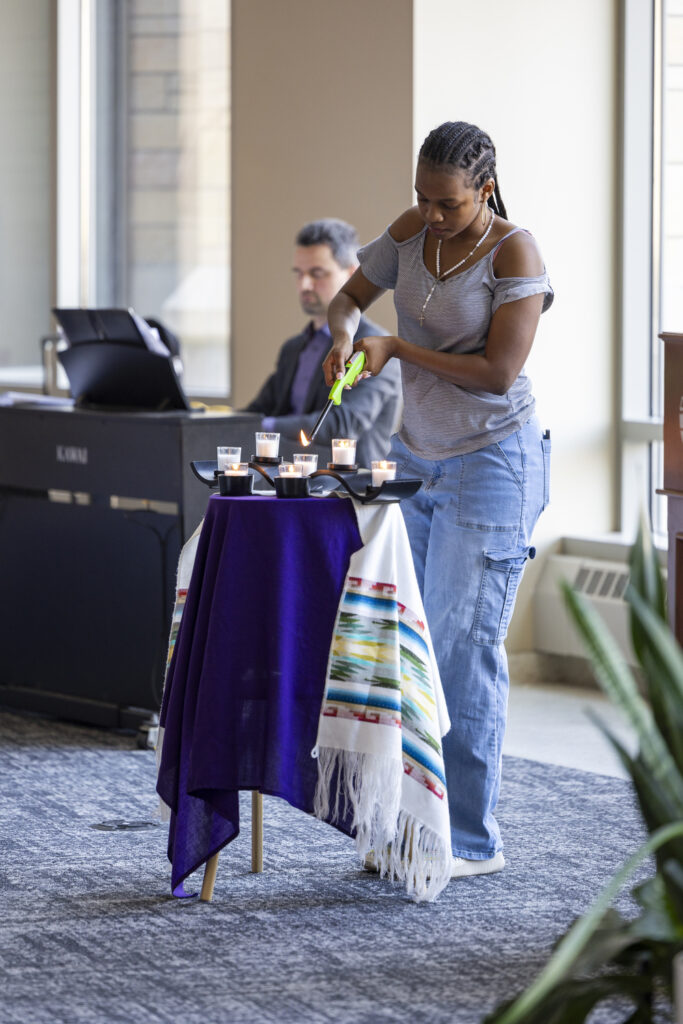
Catholic studies and criminal justice student Alex Lenzmeier '28, saw Pope Francis on Easter Sunday, the day before the pontiff passed away. Lenzmeier is studying this semester on the Rome campus and was selected to do a reading at the Easter Mass in St. Peter's Basilica. Although he didn’t speak with Pope Francis directly, he witnessed the pope pass by several times in the popemobile. “He definitely seemed happy to be out there, even though his health was quite obviously declining,” he said. “It was good for the people of Rome to be able to see him one last time.”
Back in St. Paul, students Mayari Garcia-Recinos '28 and Juan Schroeder '26 read several messages Pope Francis delivered through the years, such as."Be one with the poor" that touched on how "we are called to confront poverty of our brothers and sisters, to touch it, to make it our own and to take practical steps to alleviate it."
Schroeder said he felt a connection with Pope Francis as both of their families come from Argentina. Additionally, he said, "the way he taught us to give our lives for others really inspired me."
Pope Francis, was born Jorge Mario Bergoglio on Dec. 17, 1936, in Buenos Aires, Argentina. He was the first pope from the Americas and the first Jesuit to lead the Roman Catholic Church. Elected as the 266th pope on March 13, 2013, many connected with how he brought a renewed focus on humility, social justice, and care for the marginalized.
Garcia-Recinos said that the pope's message "to love others as we love ourselves," resonated with her and her Catholic faith and that she also felt a connection to him because of her Latin American roots.
Kylie May, a sophomore biology major at St. Thomas who also attended the prayer service, had a chance to see Pope Francis with her theology class when she studied fall 2024 on the Rome campus. "He drove his car around the audience, and we got to see him up close, which is really cool," she said. "He spoke to everybody, and it was really great to hear him speak and to see him in person. He had a very special presence and you could just feel that emotion."
Vischer, in his remarks, reflected on the pope’s message of radical inclusion and the “culture of encounter," as well as how the pope’s teachings called all people of goodwill, not just Catholics, to ensure others feel “seen and known and loved.”
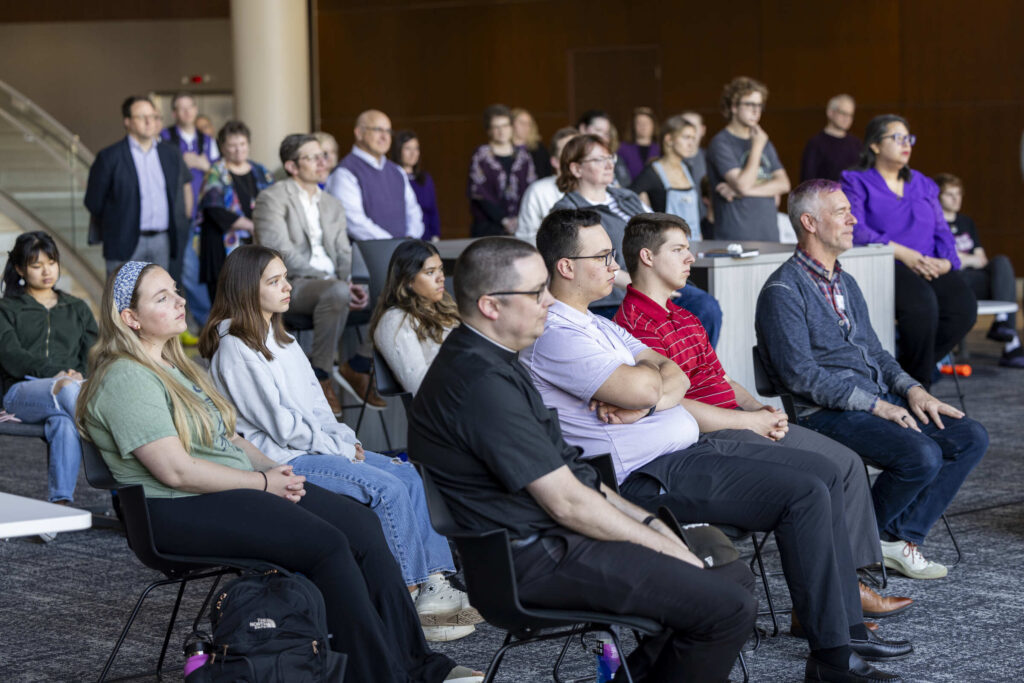
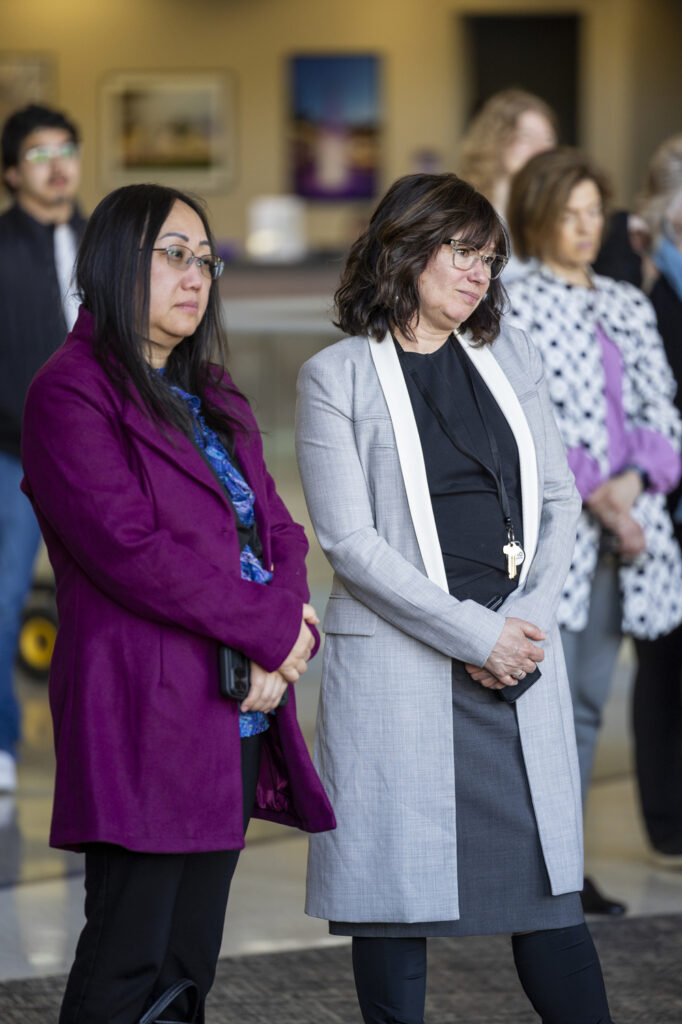
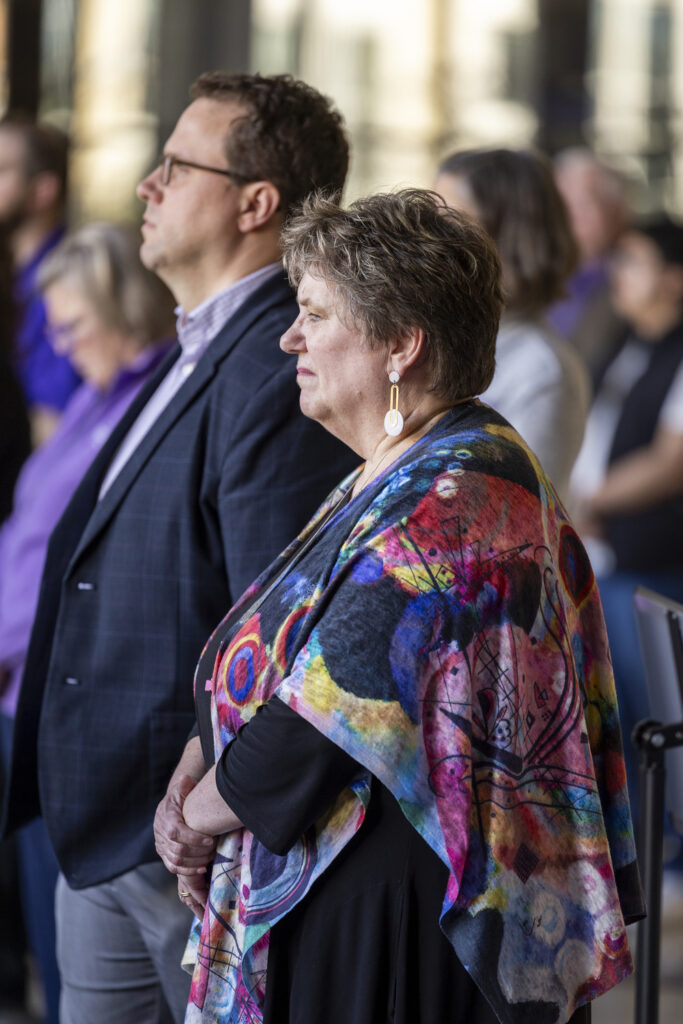
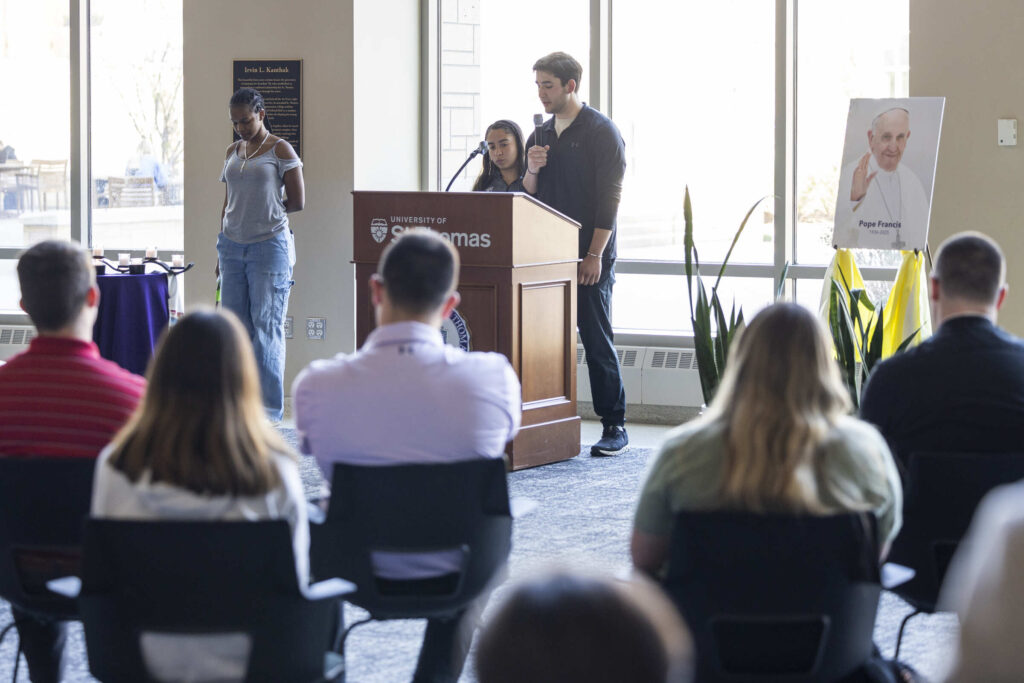
“Pope Francis may have passed, but his gift remains,” Vischer said. “And that gift comes with a challenge... “What sort of community do we aspire to be?” he asked. “Are we going to fall into the social pressures… or are we going to open our hearts to all? This is a challenging path. But this is his gift to us.”
Vischer further connected Pope Francis’s vision to the Gospel story of the Good Samaritan: “There are many voices in our world that are pushing us to define ‘neighbor’ as narrowly as possible... Pope Francis, by relentlessly calling for the culture of encounter and connecting it with a story from Jesus, is making it very clear: the faith tradition from which this university emerged… does not give us discretion for creating a category of the other.”
The Tommie community has been inspired through the years by Pope Francis' commitment to compassion, justice, and humility.
Embodying the Culture of Encounter
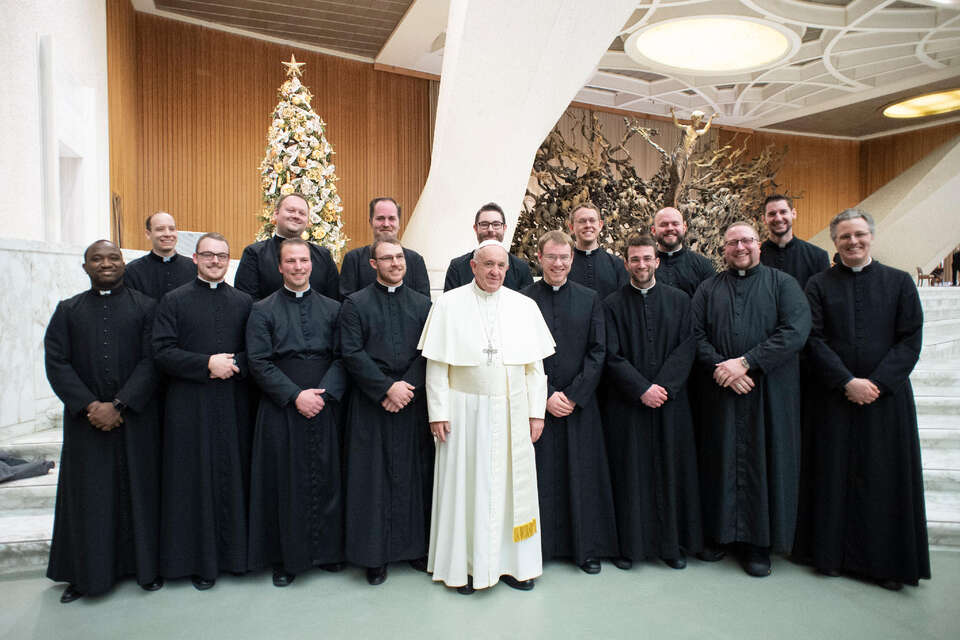
President Rob Vischer has embraced Pope Francis's call for a "culture of encounter," urging the St. Thomas community to engage deeply with one another, especially across differences. He emphasizes the importance of building meaningful relationships, stating that such connections are vital for a fulfilling university experience. This approach reflects the pope's vision of a society where individuals actively listen, support, and uplift each other.
Living Out the Mission
Father Chris Collins, vice president for mission at St. Thomas, who gave a prayer during the memorial reflection, has previously highlighted Pope Francis's dedication to marginalized populations, particularly immigrants and the poor. He noted that the pope's background from the Global South informs his compassionate perspective, which is evident in his prioritization of vulnerable communities. Collins also references the pope's encyclical, Laudato Si', emphasizing its focus on environmental issues and the disproportionate impact on the impoverished.
Serving the Global Church
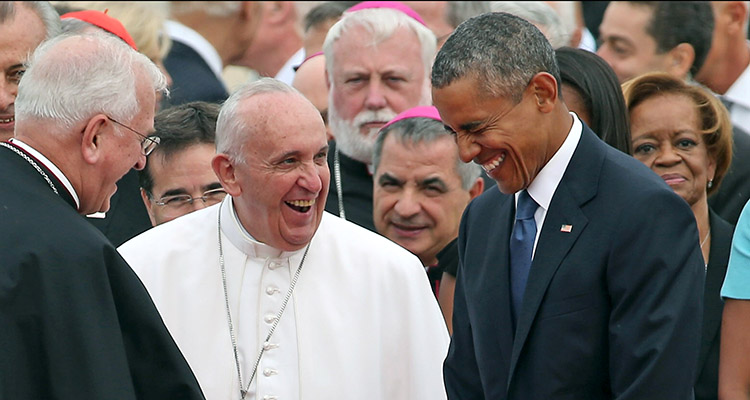
Joseph Grodahl Biever, a St. Thomas alumnus, had the unique opportunity to work with the Caritas in Veritate Foundation at the Holy See's diplomatic mission to the United Nations in Geneva. His experience, which he describes as "working for Pope Francis," involved engaging with international issues such as human trafficking, religious freedom, and environmental concerns. This role allowed him to witness firsthand the Church's commitment to global justice and the pope's influence on international diplomacy.

